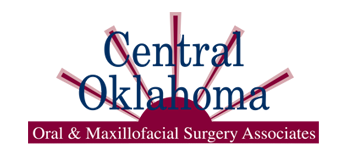What materials are used to make an implant?
To rebuild the parts of a gapped smile where tooth loss has occurred, our team will first insert a titanium post. With a ridged surface, this small post resembles a screw. It is surgically implanted into the jawbone where a tooth’s roots once lived. Titanium is a unique metal that the body will treat like mineralized tissue. After the initial embedment of the implant, the bone will integrate to the titanium post over time. This biological process is what stabilizes an implant in place.
Once the jawbone has fully fused to the implant, a prosthetic crown is attached. A crown is a common dental restoration that is tooth-shaped. Patients have a number of materials from which to choose, including all porcelain, porcelain over metal, and gold. The crown will provide the chewing surface necessary to restore oral function and it will support neighboring teeth so that they stay in their proper upright positions.
How are dental implants different from dentures or bridges?
The main difference between dental implants and dentures or bridges is the fact that implants replace the tooth’s visible structure along with its roots. Since the implant goes beneath the surface of gums, patients enjoy permanence and durability.
Since implants are biocompatible and permanent, patients can enjoy their replacement teeth for decades and in some cases, the rest of their lives.
To learn more about the benefits of implant dentistry and find out if you are a candidate for this procedure, call our office at 405-624-1300 to schedule a consultation with one of our experienced oral surgeons.
